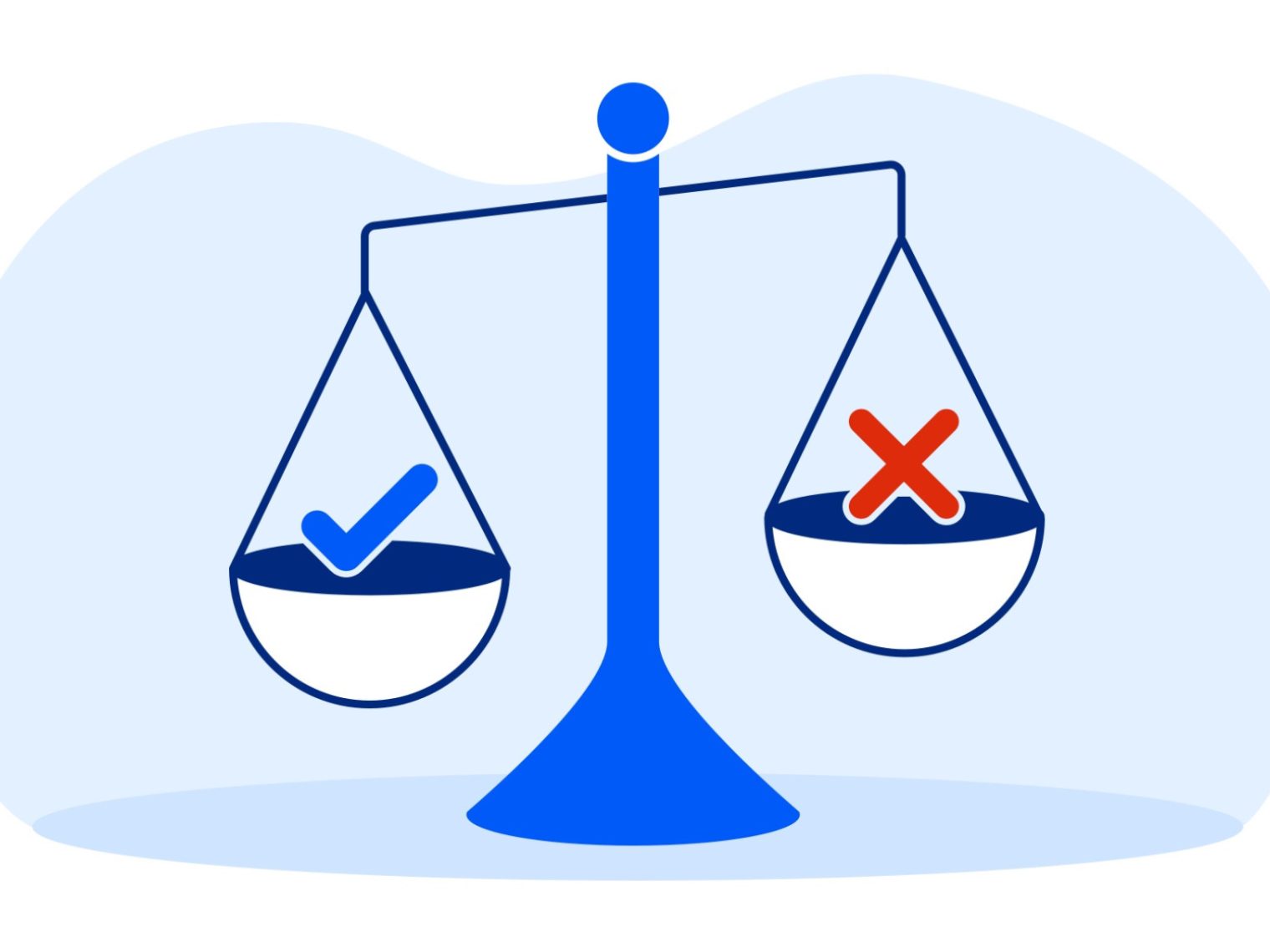- Active duty service members are eligible to use a VA loan and don’t need to wait until separation from the military.
- Borrowers must meet credit, income and occupancy requirements, but allowances like BAH can help.
- There are options if you receive PCS orders after closing on your VA loan.
It's not uncommon for service members to think they have to wait until they've separated from the military to pursue a VA home loan. But that's not the case and a common misconception.
Active duty service members across the country are using VA loans to purchase homes without needing to show that their service was combat-related. As long as they meet the basic eligibility requirements, they can take advantage of this powerful homebuying option.
Here’s what you need to know about using a VA loan while still on active duty.
Can Active Military Get a VA Loan?
Yes, active duty service members are eligible for a VA loan. Current service members can use this government-backed mortgage program just like a Veteran who separated from service years ago.
In fact, many are already planning for it. In a recent survey of active duty service members, 63% said they’re at least somewhat confident they’ll buy a new home.* That optimism highlights how powerful the VA loan can be for those balancing military life and long-term homeownership goals.
VA Loan Eligibility for Active Duty Military
To be eligible for a VA loan, active duty members typically must meet at least one of the following:
- Served at least 90 consecutive days on active duty during wartime
- Served at least 181 days during peacetime
However, meeting the VA eligibility requirements is just the first step. There are still credit, income and other financial guidelines to clear. Current service members can also run into challenges regarding occupancy and the VA's focus on primary residences.
But the bottom line remains the same: You can use the VA loan program to buy a home while you're still serving.
Active Duty Income Requirements
Active military members still need to meet VA and lender guidelines for credit score, debt-to-income ratio, residual income and more. Some good news: As long as you're not set to ETS within 12 months of your loan closing, there isn't usually much room for concern about your employment.
Lenders will obtain a copy of your Leave and Earnings Statement (LES) to get a better handle on your income. You may also be able to count some military allowances and special pay, such as flight pay, hazard pay and combat pay. On top of that, eligible service members can also count their Basic Allowance for Housing (BAH) toward qualifying for a VA mortgage.
From an underwriting perspective, clear and accurate documentation like the LES and a statement of service can streamline the process significantly when using special pay or allowances to qualify.
Active Duty Occupancy Requirements
The VA requires all VA loan borrowers to fulfill its occupancy requirement. Buyers must agree to occupy their homes within 60 days of closing and make it a primary residence for at least one year.
That timeline can feel challenging for active duty service members, especially with frequent PCS orders and deployments. Fortunately, the VA understands these unique circumstances.
If the service member can’t meet the occupancy requirement themselves, their spouse can fulfill it on their behalf. In some cases, minor dependents can also meet the requirement when living in the home with a legal guardian, such as a grandparent.
For example, an active duty service member stationed in California could use a VA loan to purchase a home in Florida, as long as their spouse plans to live in the home and satisfy the occupancy requirement.
Nearing the End of Active Duty Service
There are additional requirements for active duty service members nearing the end of their service when using a VA loan.
Lenders want to primarily make sure you can afford the monthly payments before approving the loan. With your service nearing, that most likely means your stable income is ending as well.
Lenders must identify service members within 12 months of release from active duty or end of a contract term. It is the lender’s responsibility to determine if loan applicants are within this window and whether or not they intend to reenlist.
Typically, a VA lender will ask for documentation that the service member has already reenlisted or extended his or her service beyond 12 months from the loan closing date:
- If not reenlisting, the service member must provide a valid civilian job offer, including starting date and pay.
- If reenlisting, the service member must provide a signed statement that they intend to enlist or extend their service beyond 12 months from the loan closing date. Borrowers who intend to reenlist must also provide a statement from their commanding officer declaring their eligibility to reenlist and that no reason exists to deny their reenlistment request.
VA Loan Checklist for Active Duty Borrowers
The VA loan process requires certain documentation, and for active duty borrowers, having the right paperwork can help stay on track, especially when you’re working under time-sensitive conditions.
Below is a list of documents your lender may request along the way:
| Document Type | Details |
|---|---|
| Statement of service | A letter from your command verifying your current duty status, rank, and service dates. Required to confirm eligibility. |
| Certificate of Eligibility | Confirms your VA loan eligibility. Active duty borrowers typically get this using their statement of service, and most lenders can request it for you. |
| Intent to occupy letter | A signed statement saying you plan to live in the home as your primary residence. A spouse can fulfill this if you're deployed or reassigned. |
| Leave and Earnings Statement | Shows your military income, including base pay and BAH. Used to verify your ability to repay the loan. |
| VA Disability Award letter (if applicable) | Confirms your disability rating. Needed to qualify for a VA Funding Fee exemption. |
| VA Form 26-0592 (Counseling Checklist) | Required checklist for first-time VA loan users to confirm understanding of the VA loan process and responsibilities. |
Power of Attorney
Depending on their situation, current service members may also need to utilize Power of Attorney during the mortgage process. There are two basic types, general and specific. Figuring out what you need depends in part on what documents the service member is able to sign and when.
Some might start the homebuying journey before deployment, while others decide to move forward despite being hundreds or thousands of miles apart. Your lender will walk you through what type of Power of Attorney documents you need.
Post-Purchase PCS Orders With a VA Loan
Receiving PCS orders after closing on a home with a VA loan doesn’t mean you’re stuck. The VA loan program offers several flexible options that allow you to continue your service while protecting or reusing your benefit. Here are a few possibilities:
- Rent out the home. If you’ve lived in the home for around 12 months, you may be eligible to rent it out. In some cases, VA lenders may waive the 12-month occupancy expectation if you receive PCS orders. Renting out a VA property can help generate passive income and offset your mortgage while you're stationed elsewhere.
- Use your second-tier entitlement. Even if you keep your current VA-financed home, you may still qualify for another VA loan using your remaining entitlement. This is known as second-tier entitlement and allows eligible borrowers to hold two VA loans at once, depending on how much entitlement is left and the new home’s purchase price.
- Sell the home to restore entitlement. Selling the property and paying off the VA loan can restore your entitlement, either partially or in full. This allows you to reuse your VA loan benefit on a future home purchase.
- Consider a VA loan assumption. A qualified buyer may be able to assume your VA loan and take over the existing mortgage (often at a lower interest rate than the current market). A 0.5% funding fee usually applies, and your entitlement can either be fully restored if the buyer is a Veteran or remain tied up if the buyer is a civilian.
Remember, the VA loan program isn't a benefit open only to those no longer serving. Tens of thousands of service personnel utilize their hard-earned home loan benefits each year.
Reach out to a Veterans United VA loan expert at 855-870-8845 to learn how to use your VA loan benefits while serving or get started online today.
*Survey Methodology
A national survey of 300 respondents, split evenly between active duty service members and Veterans, conducted by data and analytics firm Sparketing on behalf of Mortgage Research Center, LLC.
How We Maintain Content Accuracy
Our mortgage experts continuously track industry trends, regulatory changes, and market conditions to keep our information accurate and relevant. We update our articles whenever new insights or updates become available to help you make informed homebuying and selling decisions.
Current Version
Nov 6, 2025
Written ByChris Birk
Reviewed ByDon Wilson
Added VA loan checklist for active duty borrowers and edited article for clarity. Content reviewed and fact checked by underwriter Don Wilson.
Related Posts
-
 VA Renovation Loans for Home ImprovementVA rehab and renovation loans are the VA's answer to an aging housing market in the United States. Here we dive into this unique loan type and the potential downsides accompanying them.
VA Renovation Loans for Home ImprovementVA rehab and renovation loans are the VA's answer to an aging housing market in the United States. Here we dive into this unique loan type and the potential downsides accompanying them. -
 Pros and Cons of VA LoansAs with any mortgage option, VA loans have pros and cons that you should be aware of before making a final decision. So let's take a closer look.
Pros and Cons of VA LoansAs with any mortgage option, VA loans have pros and cons that you should be aware of before making a final decision. So let's take a closer look.


